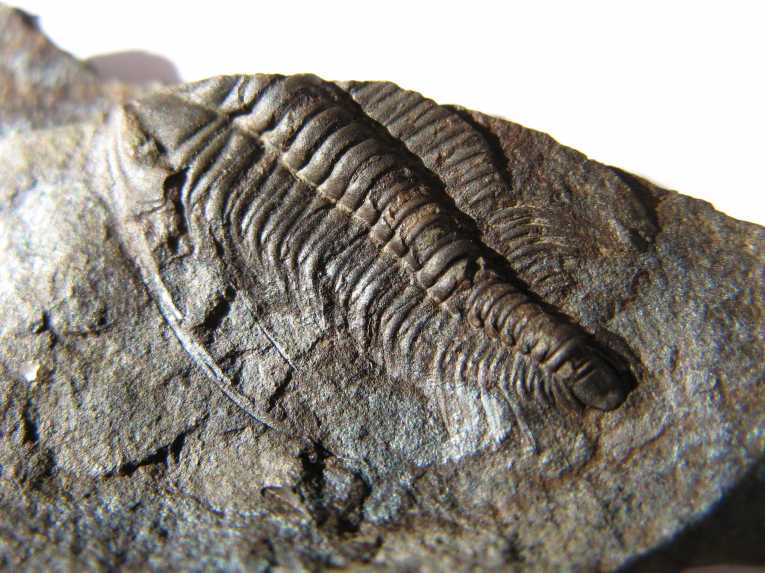Sudden death and burial by hurricane-displaced sediments has frozen Trilobites in mating situations
University of Cincinnati palaeontologist Carlton E Brett says colonies of ancient sea creatures have been caught in mid-orgy by sudden downpours of fossilising sediment catching snapshots of life in the way that the eruption of Mount Vesuvius did at Pompeii.
Because the creatures were killed and trapped so quickly, their behaviour can be judged over hundreds of millions of years.
Trilobites are a great favourite of fossil hunters and although these arthropods haven’t been around for at least 250 million years, their relatives still live with us, including lobsters, spiders and insects.
Carlton E. Brett has used these mass graves to find evidence for ancient environment and behaviour.
These large groups were probably gathering to moult their outer skins and mate says Brett.
Polish paleontologist Adrian Kin also worked on studies of fossils from around the world and he said: ''We find moulted pieces lying immediately adjacent to each other. This is proof that the sediments were not significantly disturbed after burial.''
''It’s an orgy,'' Brett said.
''The recent discovery of rows of more than a dozen specimens provides the oldest evidence of migratory queues similar to those seen in modern crustaceans,'' Brett said.










